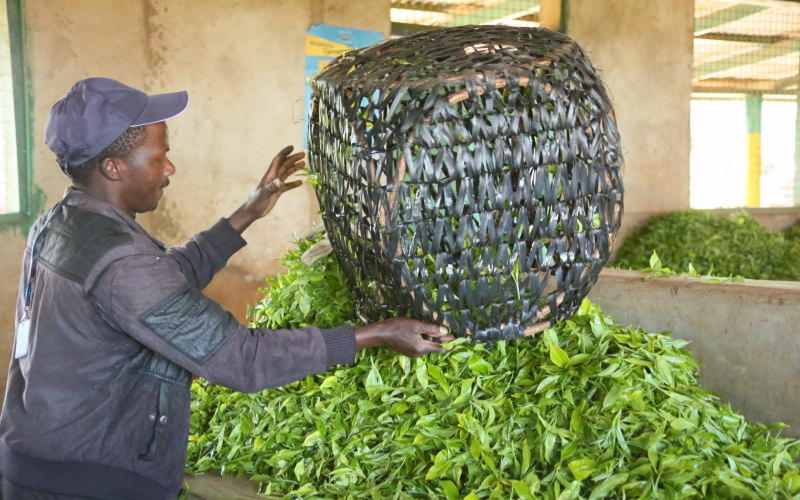
When President Uhuru Kenyatta signed into law the Tea Bill, farmers could not wait to celebrate. The Tea Act is meant to provide for regulation, development and promotion of the tea industry, and for connected purposes. The law, which many describe as radical, has among other things, reintroduced Tea Board of Kenya, a powerful regulator.
Some directors and staff at the Kenya Tea Development Agency (KTDA) fear the regulations. Reading through the Act and the proposed regulations, which unfortunately were published ahead of the enactment of the Act, one finds that the law is simply reintroducing the old Tea Board of Kenya to overregulated cartel controlled tea sector.